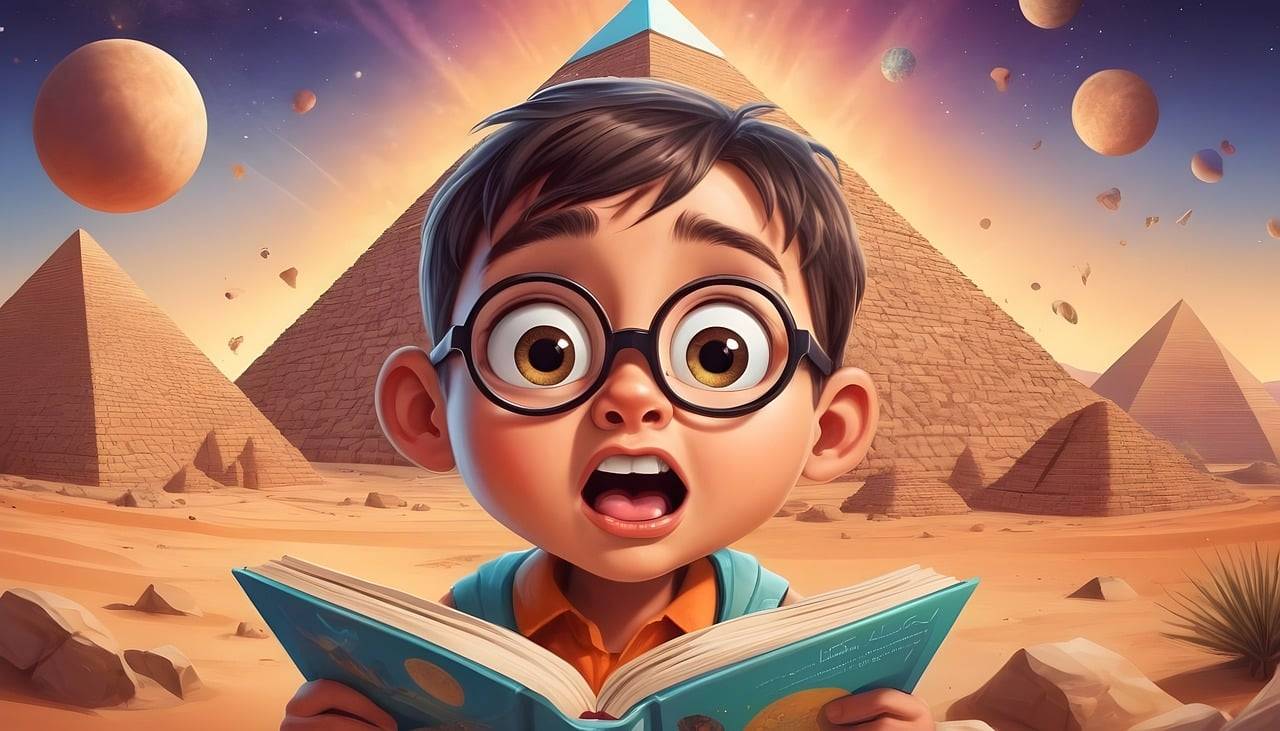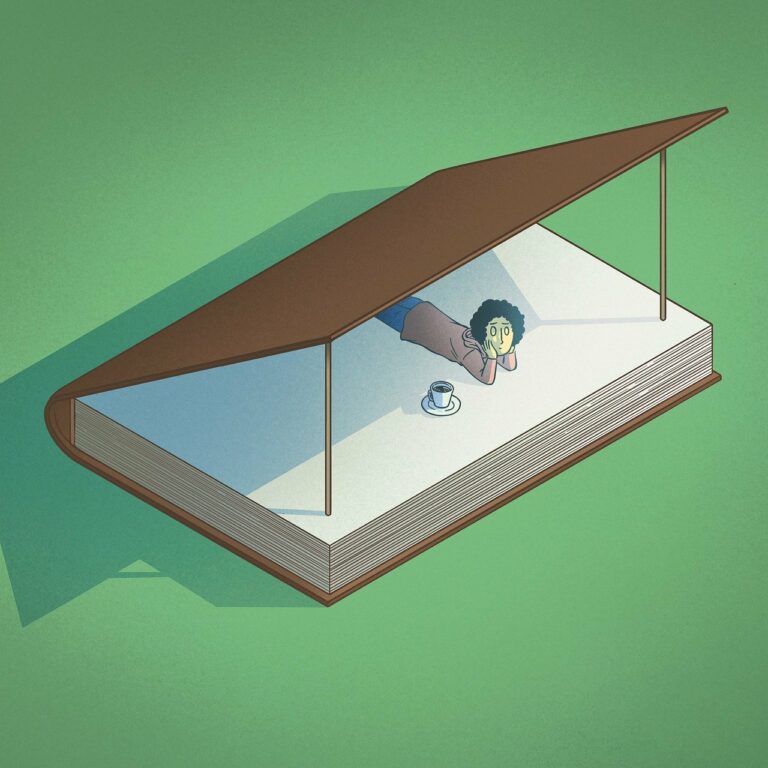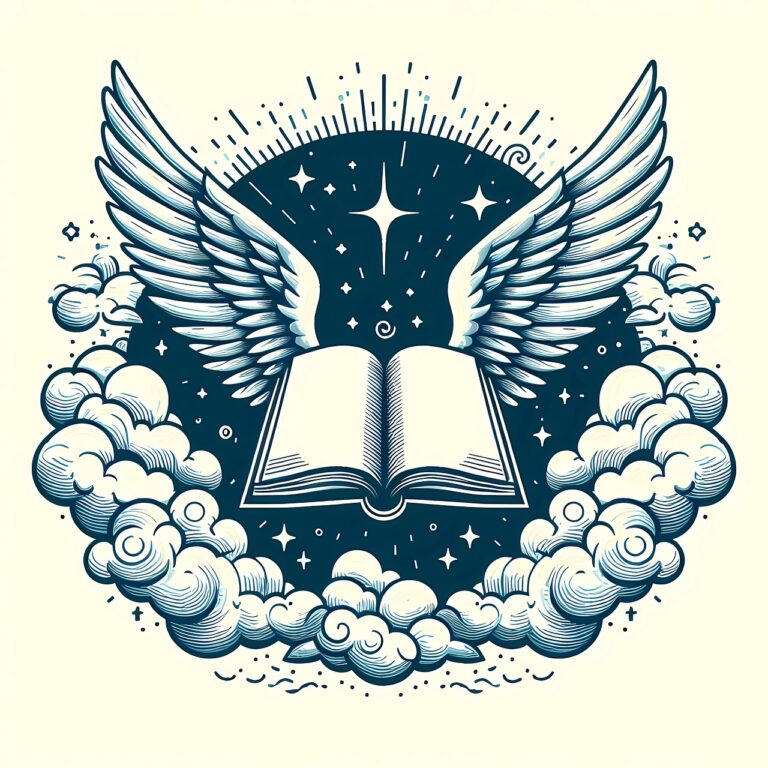Promoting Global Competence through EdTech-Enabled International Music and Performing Arts Collaborations
all panal.com, laser247 com, yalo247:Promoting Global Competence through EdTech-Enabled International Music and Performing Arts Collaborations
In today’s interconnected world, promoting global competence among students is more important than ever. Global competence refers to the knowledge, skills, and attitudes that are necessary to thrive in an increasingly interconnected and interdependent world. One way to enhance global competence is through international collaborations in the field of music and performing arts. By leveraging educational technology (EdTech), students can engage in meaningful cross-cultural exchanges and collaborations that not only enhance their artistic skills but also foster a deeper understanding of different cultures and perspectives.
The power of music and the performing arts to transcend borders and connect people from diverse backgrounds is well documented. By engaging in international collaborations, students have the opportunity to learn from one another, share their unique talents, and create new, innovative works of art that reflect their shared experiences and diverse cultural perspectives. EdTech tools can facilitate these collaborations by enabling students to communicate, collaborate, and create together in real-time, regardless of their physical location.
Here are some key ways in which EdTech-enabled international music and performing arts collaborations can promote global competence among students:
1. Enhancing Cultural Awareness: By working with students from different countries and cultural backgrounds, students can gain a deeper appreciation for the diversity of human experience and the richness of global culture. Through collaborative projects, students can learn about different musical traditions, performance styles, and artistic practices, expanding their own artistic horizons and deepening their understanding of the world around them.
2. Fostering Communication and Collaboration Skills: EdTech tools such as video conferencing, online collaboration platforms, and virtual reality can facilitate seamless communication and collaboration between students in different parts of the world. By working together on creative projects, students can develop essential 21st-century skills such as teamwork, problem-solving, and effective communication, which are critical for success in today’s globalized economy.
3. Promoting Intercultural Understanding: Through shared artistic experiences, students can build connections with their peers from different countries, breaking down barriers and fostering a sense of empathy and understanding towards others. By collaborating on music and performing arts projects, students can discover the universal language of creativity that transcends linguistic and cultural differences, creating bonds that can last a lifetime.
4. Encouraging Innovation and Creativity: International collaborations in music and performing arts can inspire students to think outside the box, explore new ideas, and push the boundaries of their creativity. By working with peers from different cultural backgrounds, students can gain fresh perspectives and insights that can spark new artistic directions and innovations, leading to the creation of truly original and groundbreaking works of art.
5. Building Global Networks: Through EdTech-enabled collaborations, students have the opportunity to connect with artists, educators, and cultural institutions from around the world, building a global network of creative collaborators and mentors. These connections can open doors to new opportunities for students to showcase their work, participate in international festivals and events, and pursue further study and career opportunities in the global arts community.
6. Promoting Social Justice and Equity: By engaging in cross-cultural collaborations, students can explore themes of social justice, equity, and human rights through the lens of music and performing arts. By creating art that addresses important social issues and amplifies marginalized voices, students can use their creative talents to promote positive social change and contribute to a more just and equitable world.
In conclusion, EdTech-enabled international music and performing arts collaborations offer a unique opportunity for students to develop global competence and cultural literacy through creative, collaborative, and cross-cultural experiences. By leveraging the power of technology to connect students from around the world, these collaborations can inspire creativity, foster intercultural understanding, and build bridges between communities, promoting a more inclusive, interconnected, and culturally rich world.
FAQs:
Q: How can educators incorporate EdTech-enabled international collaborations into their music and performing arts curriculum?
A: Educators can start by leveraging existing online platforms and tools that facilitate virtual communication and collaboration, such as video conferencing, online project management tools, and virtual reality platforms. By partnering with schools or organizations in other countries, educators can create opportunities for their students to engage in cross-cultural collaborations and exchanges.
Q: What are some examples of successful EdTech-enabled international music and performing arts collaborations?
A: One example is the Global Music Education Exchange program, which connects music students and educators from different countries through online workshops, masterclasses, and collaborative performances. Another example is the Virtual Choir project, where singers from around the world come together to create virtual choir performances using online video platforms.
Q: How can students benefit from participating in EdTech-enabled international collaborations in music and performing arts?
A: Students can benefit in numerous ways, including developing their artistic skills, expanding their cultural awareness, building global networks, and fostering intercultural understanding and empathy. These collaborations can also enhance students’ digital literacy, communication skills, and creativity, preparing them for success in an increasingly interconnected and diverse world.






